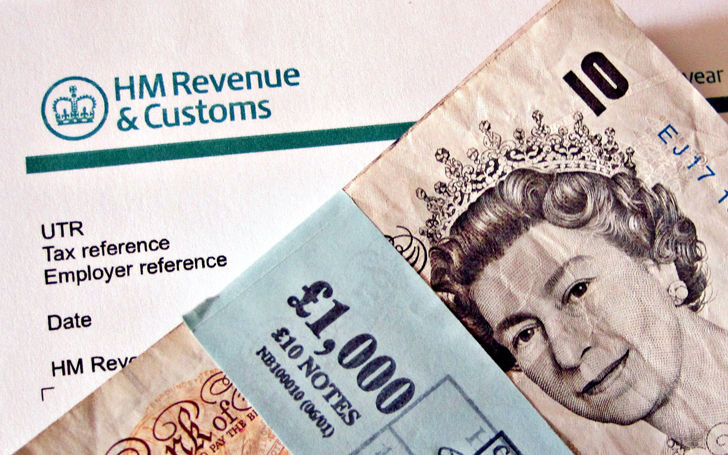Trust v partnership
A colleague has told you that the latest way to save on Inheritance Tax (IHT) is not using a trust but instead setting up a Family Partnership. What is one of these, and can it really shelter your estate from the Taxman?
Avoidance or just planning
It’s fair to say that trusts have a bad image with the Taxman, and that some risky tax-avoidance schemes have used them to achieve their goal. This has led to the introduction of anti-avoidance tax laws. But unfortunately these have caught not only those involved in unacceptable tax avoidance but also people who just use trusts to pass on their wealth to later generations. In 2006 Mr Brown, the then Chancellor, announced yet more tough changes to the tax rules for trusts.
Trusts - immediate IHT charge
Until April 2006, a gift by someone to a trust, which was obliged to pay out income or a capital fund to its beneficiaries, was treated for IHT purposes as if it were a gift between two individuals. That meant that as long as the giver survived seven years from the date of the gift, it ceased to be part of their estate for IHT purposes. But from April 5 2006 IHT at 20% is payable on gifts into most trusts above a certain value. Worse still is that there’s further IHT payable every ten years equal to 6% of the taxable trust fund value. That started tax experts looking for an alternative.
Enter the partnership
Tip. Set up a partnership instead of a trust to transfer wealth; these are known as Family Partnerships (FP). At a glance they can achieve a similar result to a trust as the partners:
- have a right to receive the partnership income and capital
- can change how much they each receive from year to year, and even add and remove partners.
Importantly, there’s no 20% initial or 6% ten-yearly IHT charge for putting funds into a partnership. Instead, the person making the gift (the donor) sets up a partnership with those they want to give to (the beneficiaries). They can then agree among themselves how income and capital from the partnership is distributed. Job done... almost.
Not quite so simple
Partnerships aren’t all plain sailing. For a start, to be treated as a partnership you must carry on a business. That doesn’t mean you need to have a trade, it can be “in business” just by actively managing its investments. But someone, quite possibly the donor partner, should be looking at investment options on a day-to-day basis.
Trap. Because it’s an investment business, the partnership could be subject to Financial Services Authority regulation unless all the partners are involved in the management of the partnership. So there ought to be regular, say once a quarter, partners’ meetings.
Is it worth it?
As with a trust there are usually significant set-up costs, starting at around a few thousand pounds. The bulk of this will be spent drawing up a partnership agreement that meets with your needs. Our conclusion is that if you’re considering using a trust to gift assets worth £500,000 plus, an FP is worth looking into.
A Family Partnership (FP) is a business arrangement through which you can pass on wealth to later generations without using a trust. It avoids all the Inheritance Tax charges that apply to trusts. FP’s are probably only worthwhile for gifts of £500,000 or more.
Topics
Archive
- 2024
- March 2024 (1)
- January 2024 (1)
- 2023
- December 2023 (2)
- November 2023 (2)
- September 2023 (2)
- August 2023 (1)
- July 2023 (3)
- June 2023 (3)
- May 2023 (2)
- April 2023 (1)
- March 2023 (4)
- February 2023 (2)


Comments for Trusts versus Partnerships